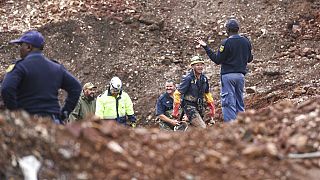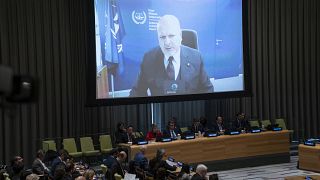South Africa
In the aftermath of recent attacks in the Red Sea, vessels are opting to bypass the Suez Canal and navigate around South Africa's Cape of Good Hope.
This shift has disrupted a crucial global shipping route, compelling ships to add another 15 days to their journeys, accompanied by increased costs.
Despite the Cape of Good Hope route requiring an extra 4,000 miles around Africa, it is considered a safer alternative by many companies.
The Port of Cape Town has become essential, particularly with the closure of the Algoa Bay bunkering zone on the Indian Ocean. The increased bunkering activity (refueling) in Cape Town is attributed to the closure of Algoa Bay, as confirmed by Alex Miya, harbor master of the Port of Cape Town.
The Western Cape Province is experiencing economic benefits from this redirection of shipping routes.
Alan Winde, the premier of Western Cape, highlights the direct advantages of ships passing through the region, emphasizing the need for efficient operations and maximizing the economic opportunities presented by this unexpected windfall.
As the crisis in the Red Sea persists, the re-routing of ships through the Cape of Good Hope continues, providing South Africa and the continent with a unique economic opportunity.













Go to video
US vetoes UN resolution demanding a cease-fire in Gaza for 4th time
01:16
Four Ghanaian UN peacekeepers wounded in rocket strike in Lebanon
01:07
Pro-palestinian demonstrators protest in Rio de Janeiro as G20 summit unfolds
Go to video
Fresh airstrikes hit Beirut, as Israel presses ahead with campaign against Hezbollah
00:58
Egypt says its working to halt Israel's 'aggression' on Lebanon
01:45
UNRWA says nowhere is safe in Gaza, calls for hospitals, schools to be protected